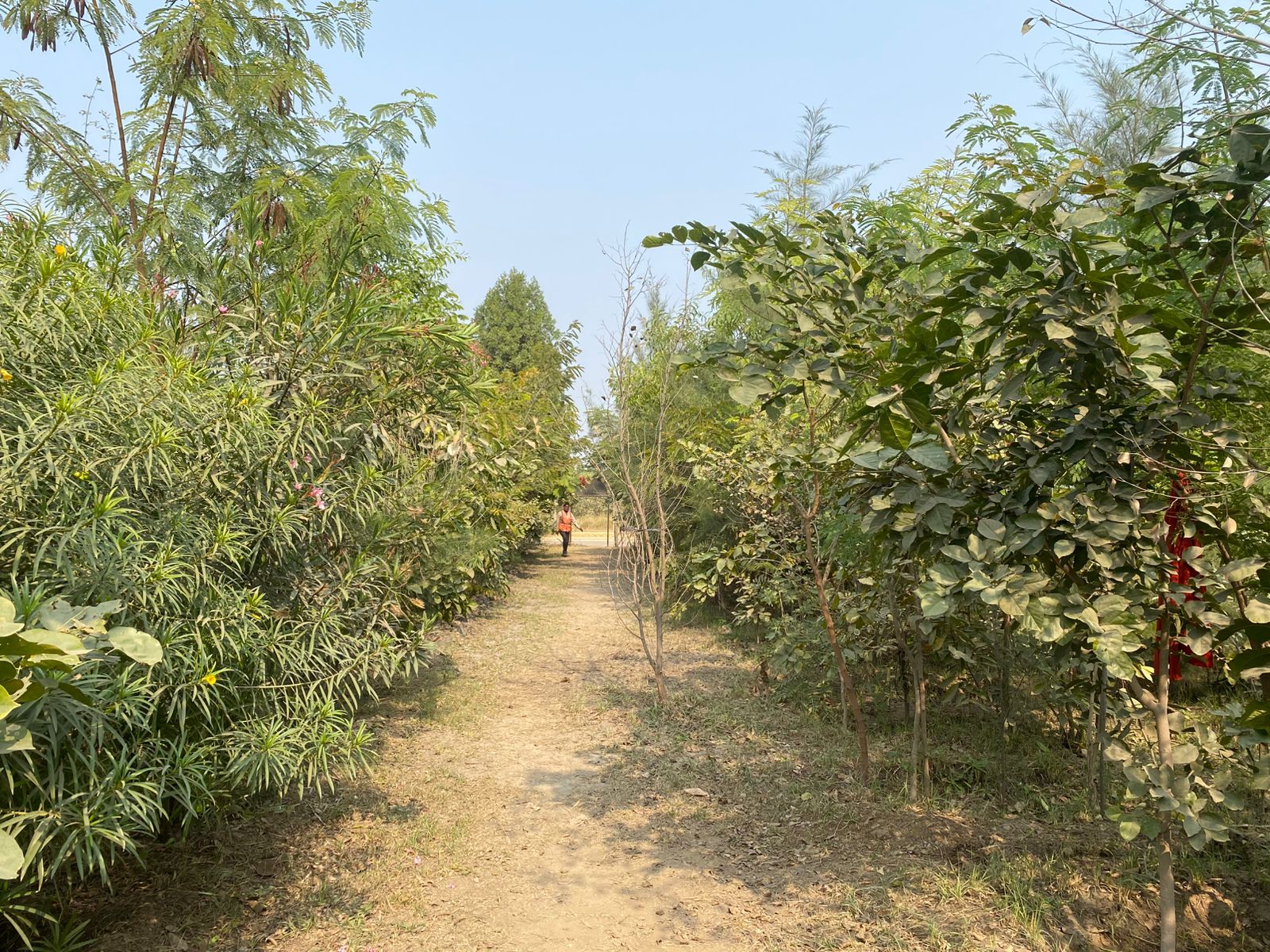
Chittorgarh – In a remarkable initiative towards environmental sustainability, Hindustan Zinc Limited has developed a Miyawaki Mini Forest at its Chanderiya Lead Zinc Smelter, aiming to restore greenery and promote biodiversity through a scientific and space-efficient method of afforestation.
The project, based on the Miyawaki technique pioneered by Japanese botanist Dr. Akira Miyawaki, involves the plantation of over 13,750 native trees and shrubs across one hectare of land. This dense planting method enables rapid forest growth in just 2 to 3 years, creating a self-sustaining ecosystem with minimal maintenance.
Despite initial challenges like dense weed cover (dhab), the company overcame them with strategic planning. The soil was first enriched with compost, cow dung, and vermicompost, following which over 45 indigenous plant species were planted. These included a mix of tall trees, shrubs, and small plants, designed to create a multi-layered forest ecosystem.
The initiative is expected to bring long-term benefits such as carbon absorption, soil and water conservation, and an increase in local biodiversity. Compared to traditional landscaping, the Miyawaki forest method is also more cost-effective, potentially reducing expenses by up to 75% over a decade.
Hindustan Zinc has committed to maintaining the forest through regular watering, weeding, and biodiversity monitoring. The company aims for the forest to become entirely self-reliant within the next two to three years.
This green effort stands as a model for sustainable industrial practices, showcasing how unused land can be transformed into a thriving ecosystem with the right vision and method.